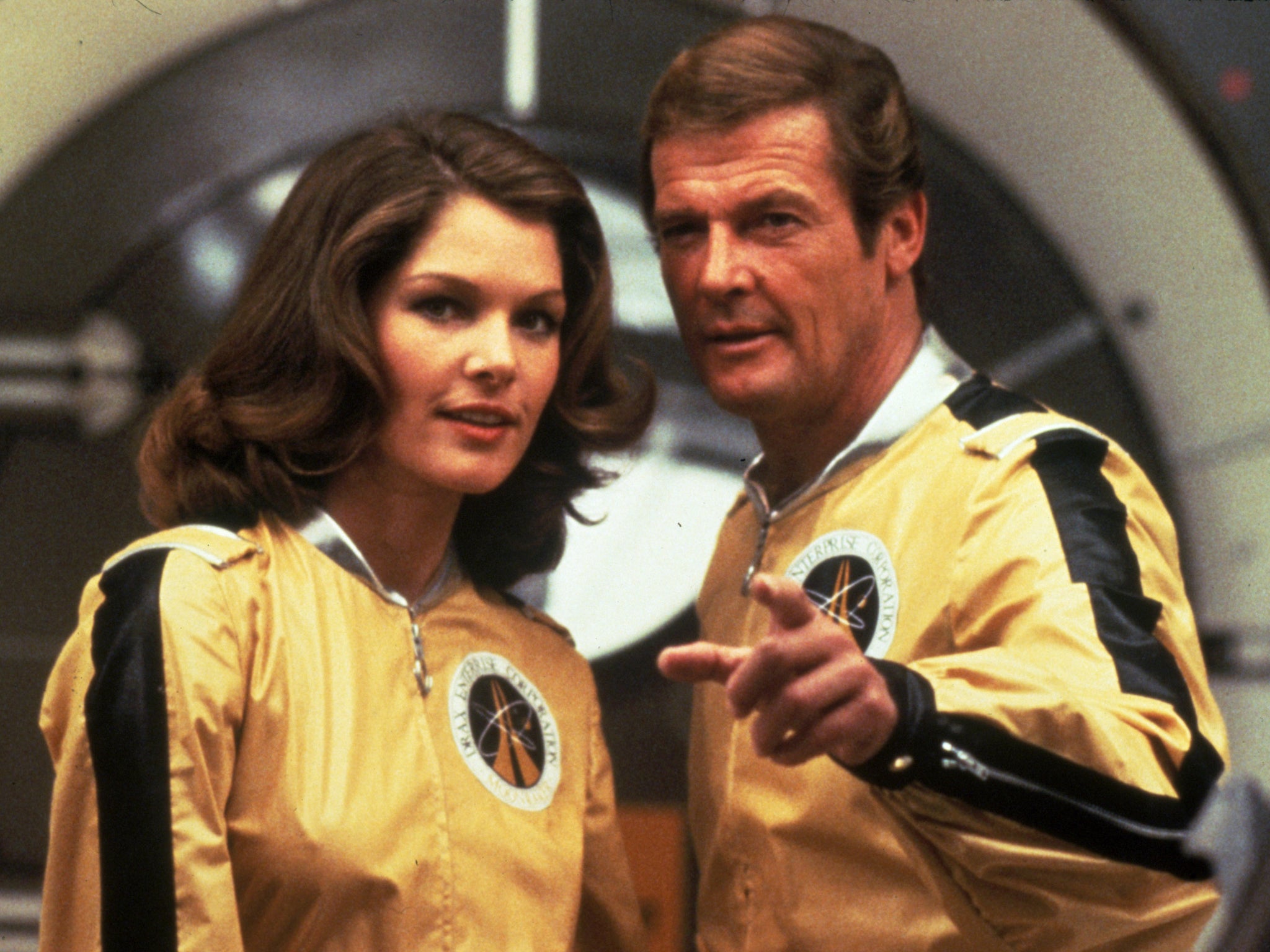Want to join the 62-mile-high club? Not so quick, sex in outer space could be bad for your health, say scientists

Your support helps us to tell the story
From reproductive rights to climate change to Big Tech, The Independent is on the ground when the story is developing. Whether it's investigating the financials of Elon Musk's pro-Trump PAC or producing our latest documentary, 'The A Word', which shines a light on the American women fighting for reproductive rights, we know how important it is to parse out the facts from the messaging.
At such a critical moment in US history, we need reporters on the ground. Your donation allows us to keep sending journalists to speak to both sides of the story.
The Independent is trusted by Americans across the entire political spectrum. And unlike many other quality news outlets, we choose not to lock Americans out of our reporting and analysis with paywalls. We believe quality journalism should be available to everyone, paid for by those who can afford it.
Your support makes all the difference.With commercial space flights in the pipeline and financiers appealing for a couple to volunteer for a manned (and womanned) mission to Mars, it's only going to be a matter of time before humans will want to do what we do best up in space.
But according to new research, getting down while we're way up high could theoretically cause health problems for spacefaring lovers.
James Bond may have given it a go in Moonraker, but experiments on mating plants by scientists at Montreal University show that weightlessness affects the way cells are transported inside living things, causing 'traffic jams' on the vital highways that connect different processes.
Although researcher Anja Geitmann said they could not draw any specific conclusions on the implications for animal - and human - sex in space, she added that intercellular transport is important in a variety of human cells.
Geitmann told LiveScience.com that many neural disease, including Parkinson's, Alzheimer's and Huntingdon's are all related to this 'trafficking'.
Sex in space is thought to have to become a certainty, as it is unlikely the couple on the Mars mission will want to abstain for the entire 16-month trip.
Renowned physicist Brian Cox told Shortlist magazine this week that he and his wife would not be volunteering for the mission because "there are no restaurants on the way," so one might imagine that couples would be similarly reluctant knowing that one of their other marital pleasures was a no-go.
There is no firm boundary where space begins but the Kármán line begins at approximately 100 km (62 miles) above sea level and is used as the start of outer space for the purpose of space treaties and aerospace records keeping.
Join our commenting forum
Join thought-provoking conversations, follow other Independent readers and see their replies
Comments